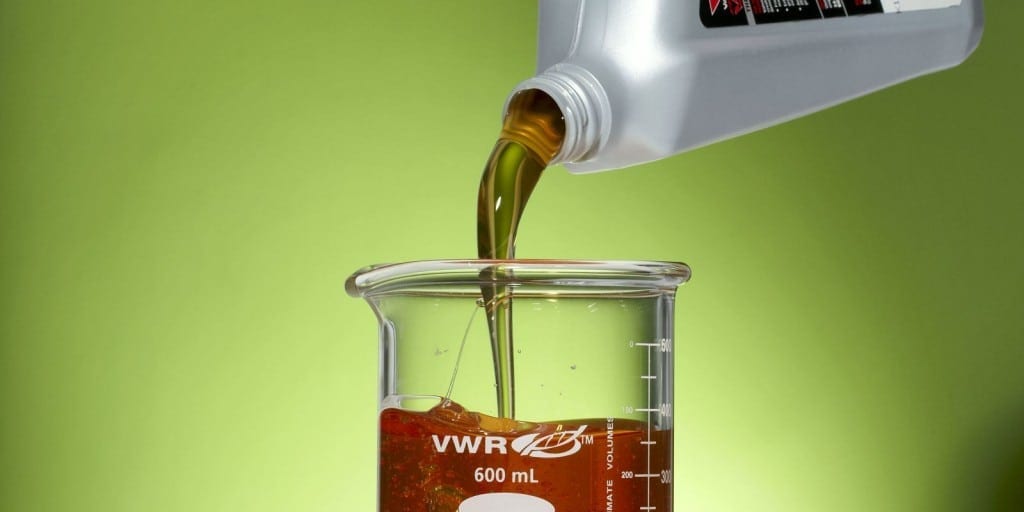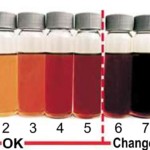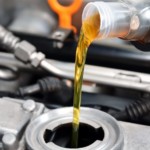You know how there’s a lot of dispute about the best time to change your oil? Well, the 3-month/3,000-mile rule was the rule of thumb way back when for good reason and, although it continues to have merit, the prevailing automotive advice has shifted a bit. Is your oil going to be last for up to 5,000 miles? Potentially, depending on the oil. Synthetic will let you go even longer before you need to change it. But, there’s a little something called viscosity that needs to be considered. If you’re using an oil like a multi-grade SAE gear or engine oil — such as a 10W-30 — then this rule still directly applies to you thanks to the viscosity-index (VI) improver.
Read on to learn why viscosity is the determining factor as to why you need to change out your oil frequently.
What is Oil Viscosity?
A lot of the time, oil viscosity is explained in technical terminology that just leaves your head feeling like the day after you drank a 30-rack and did backflips all night.
Since no one likes that feeling, I’m going to explain oil viscosity in layman’s terms. Viscosity is the oil’s resistance to flow/speed of flow as measured through a device known as a viscometer. The thicker (higher viscosity) of an oil, the slower it will flow. That rating can be found in the form of two numbers, such as 10W-30, or 5-30. What’s important to understand, is that the W means it’s been tested in colder climates, and therefore it should be used in an engine during the winter. Basically, you want thicker oil in the summer and a thinner one in the winter. Because, a thick oil would be too slow moving in the winter, and a thinner one would wear-down too quickly in the summer.
But, how does the viscosity wear down?
How Does Viscosity Wear Down?
In multi-grade SAE gear or engine oils like the 10W-30 I mentioned above, there’s an additive called a viscosity-index (VI) improver. During oil use, the VI improvers will sheer down and break apart, causing the viscosity of the oil to decrease. Not only does worn-down viscosity — often caused by repeated use at higher temperatures — alter the flow of the oil, but it also impacts the durability. When it wears down, it doesn’t have the ability to handle the high temperatures found inside the engine.
A good way to tell when your oil has worn down from too much repeated use, is if the engine knocks when you start it up in the morning. Why? Because, the oil viscosity is too thin, and the oil is struggling to properly lubricate and protect the internal parts of the engine. It just doesn’t have the durability anymore.
A fresh oil change will take care of that knock, and the viscosity is truly the reason you want to change out your oil frequently. Synthetic oils will last longer, but you need to still change them out regularly in order to give your engine the best protection possible. No oil is invincible, after all.



